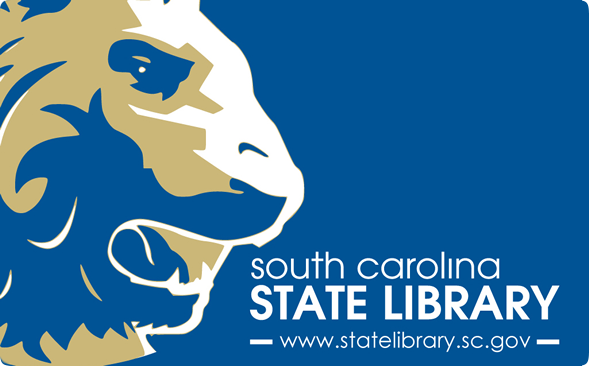Search the South Carolina State website.
SmartSearch+ searches the A-Z list of our databases and connects you to both Discus and State Library resources.
Search the shelves of 20 library systems statewide, or visit SCLENDS to browse or use the advanced search.

